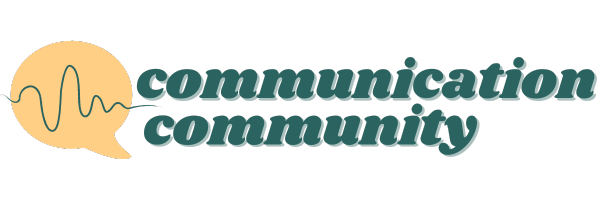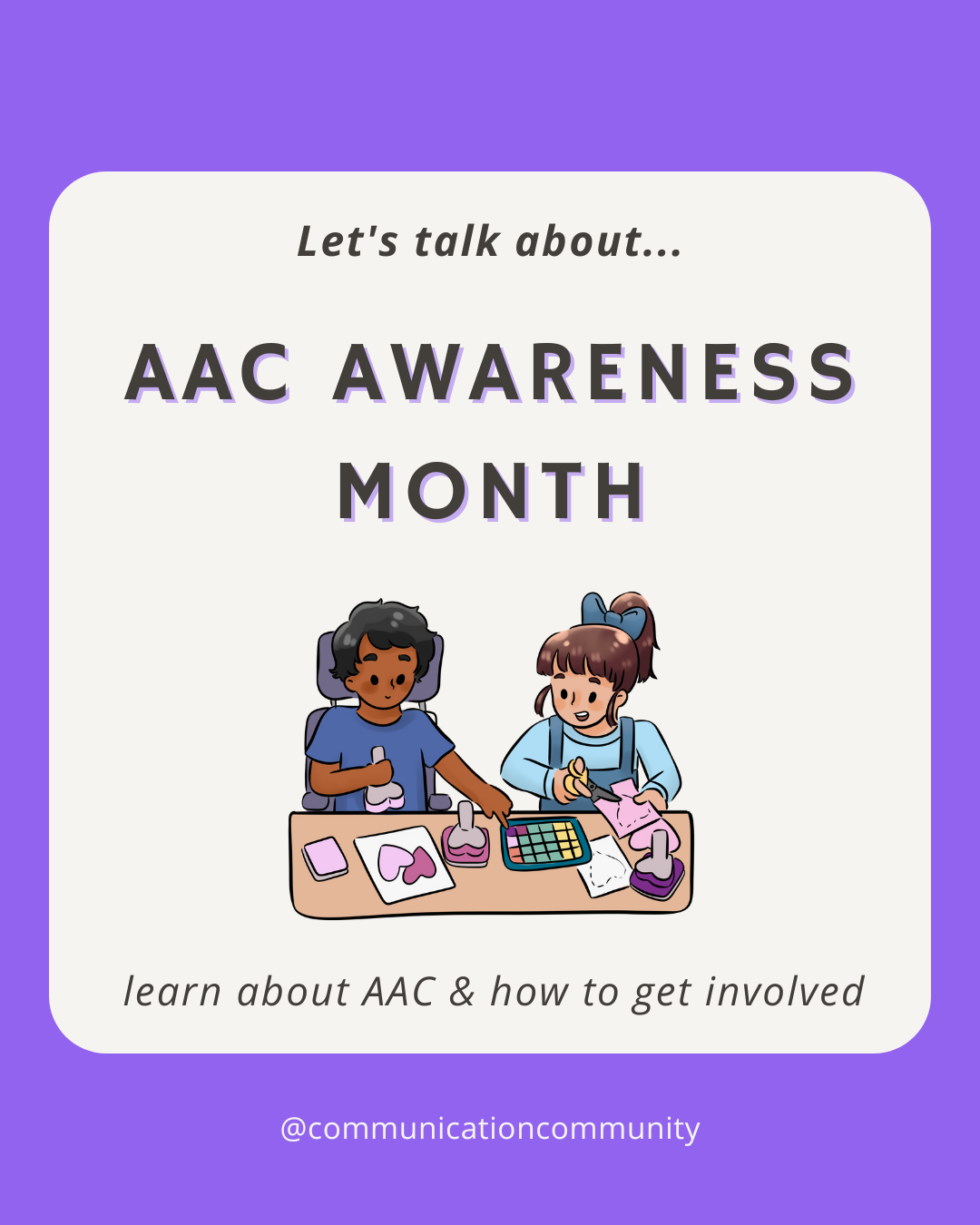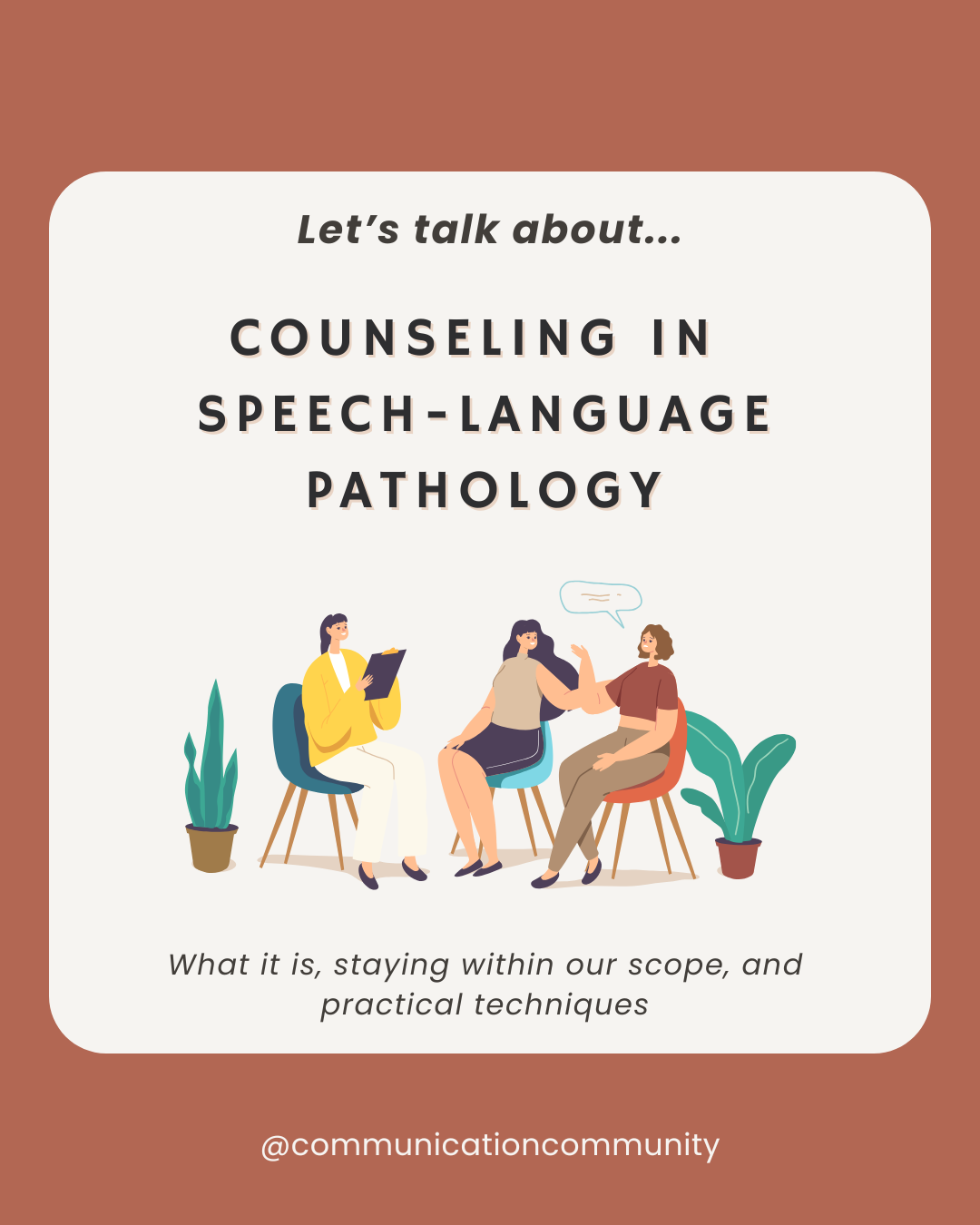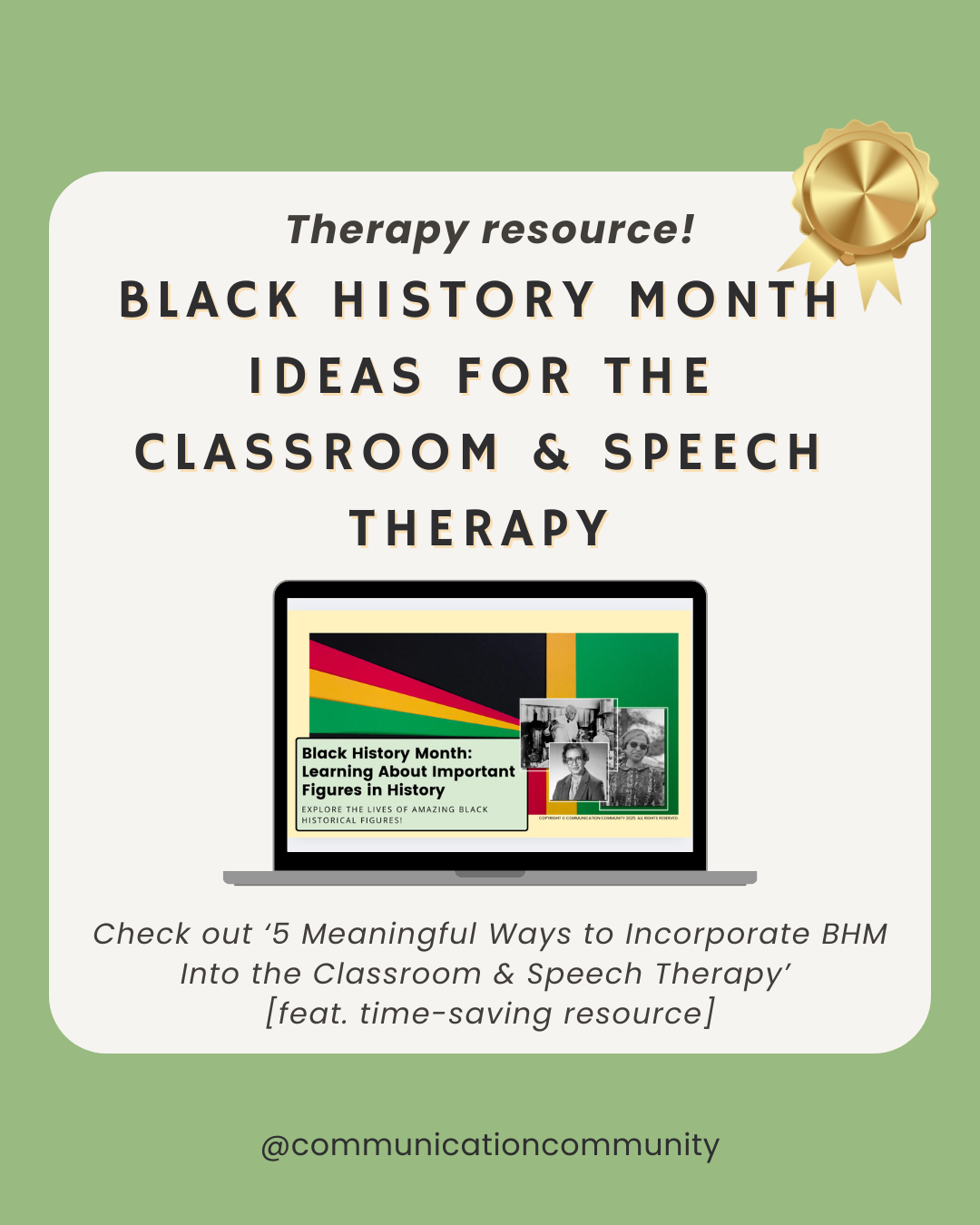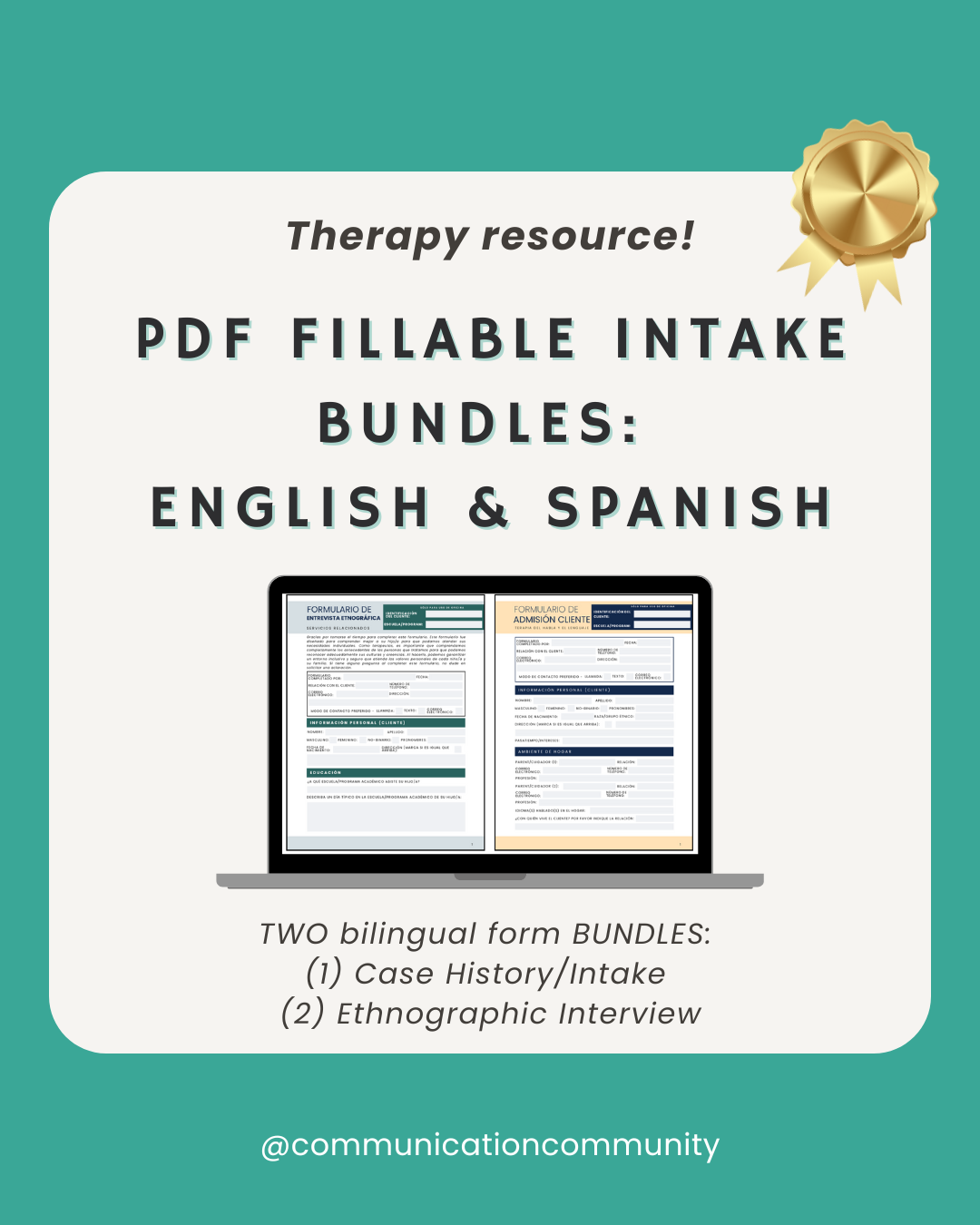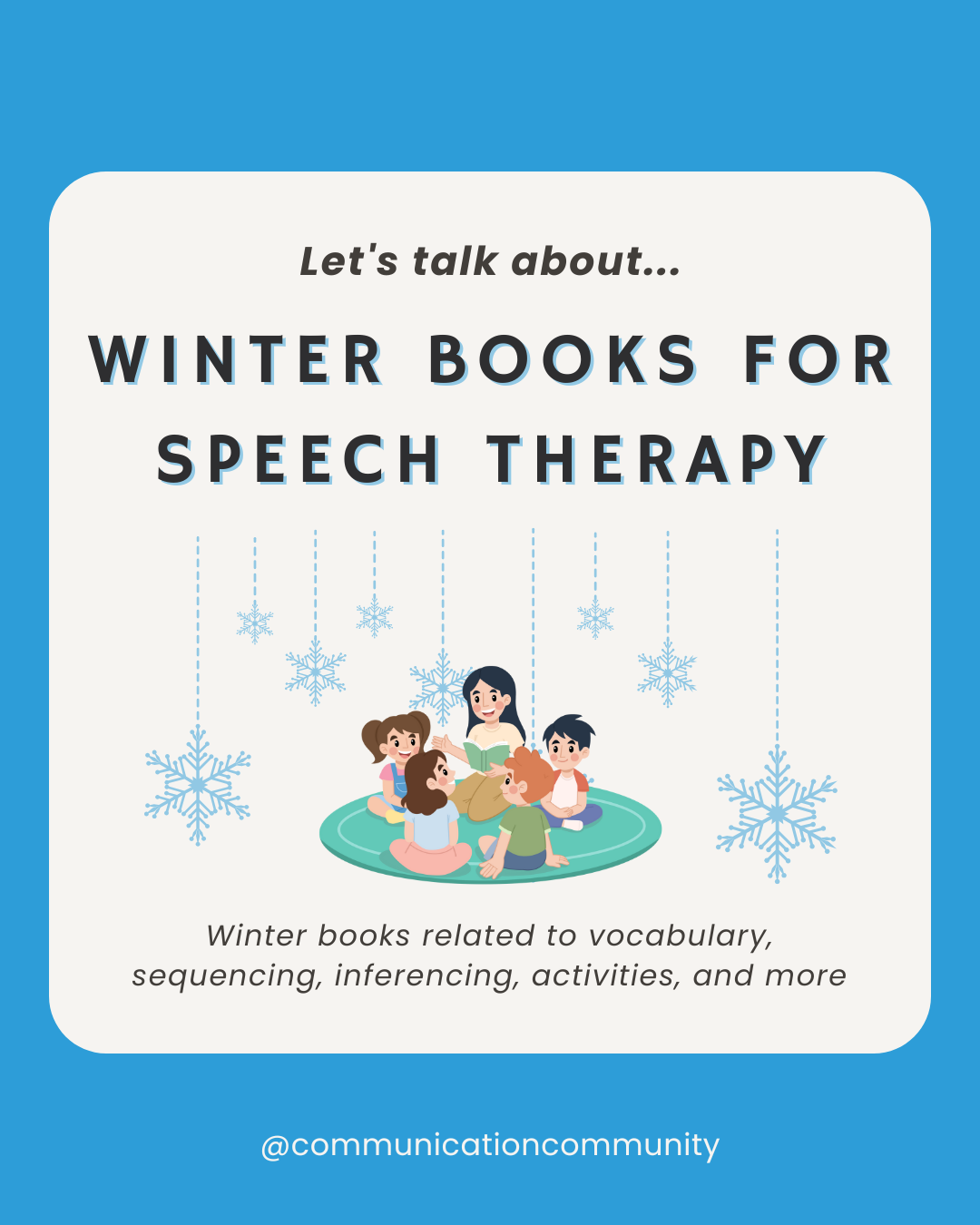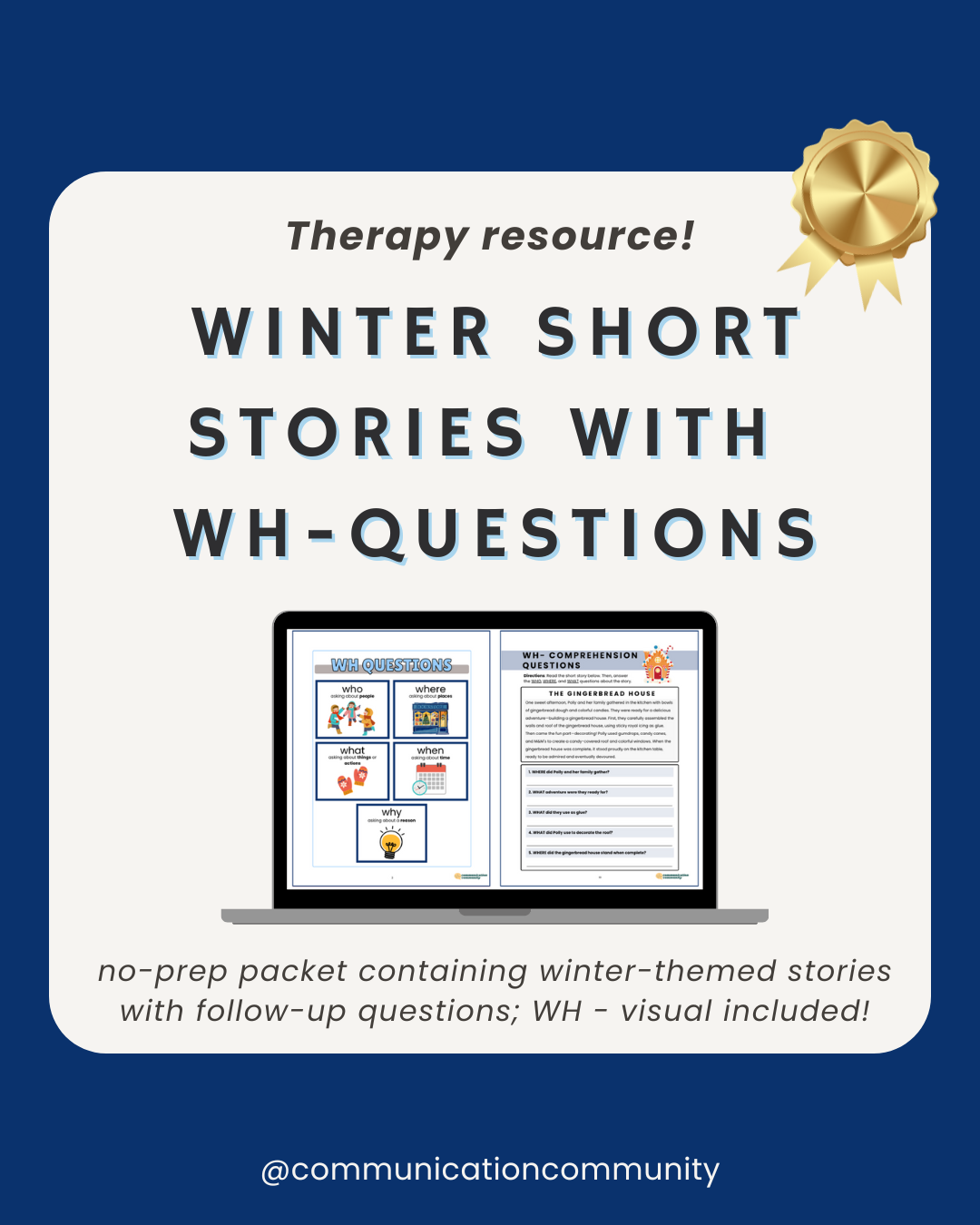AAC Awareness Month: About
AAC Awareness Month is dedicated to raising awareness about Augmentative and Alternative Communication (AAC) systems. It is internationally recognized every October.
What is AAC?
AAC encompasses a wide range of communication that people use to express their thoughts, needs, wants, and ideas. This can include (but is not limited to) gestures, facial expressions, eye gaze, and communication devices like tablets with language software. Certain AAC systems may be used temporarily or permanently and can range from no-tech options (e.g., gestures) to low-tech options (e.g., communication boards) to high-tech options (e.g., speech-generating devices).
Whether a child is learning to communicate or an adult has lost their ability to speak, AAC helps bridge the gap between communication challenges and participation in everyday life.


Image credit to the fabulous, Jennifer Yoshimura from Images by Drawn To AAC (Canva)
Commonly used AAC systems:
🟣 Gestures: Using body/hand signals to communicate.
🟣 Communication boards: Pointing to pictures or symbols to convey messages.
🟣 Speech-generating devices (SGDs): Using technology (e.g., tablet) to create spoken words.
Each of the communication methods mentioned above are powerful tools to enhance one’s communication (augment), as well as serve as an alternative means of communication. AAC systems provide increased opportunity for individuals to express their thoughts, needs, wants, and ideas effectively.
The Role of Speech-Language Pathologists in AAC
SLPs play an essential role in assessing, selecting, and implementing AAC systems for individuals who would benefit from additional support with their communication. Here’s how SLPs can make a difference:
- Assessment: SLPs conduct thorough assessments to identify the type of AAC system that will best meet the individual’s needs based on their physical abilities, communication preferences, and goals.
- Training: SLPs provide training to the individual using AAC, their family, and other communication partners to ensure the device is used effectively across different settings.
- Customization: AAC systems are not one-size-fits-all. SLPs tailor the system to each individual, considering their unique vocabulary, interests, and functional needs.
- Support: Ongoing support is crucial. SLPs monitor progress and make adjustments to AAC systems as necessary to ensure long-term success.
What is AAC Awareness Month?
AAC Awareness Month happens every October. It’s a time when people and organizations shine a light on AAC to:
- Help more people understand what AAC is.
- Celebrate people who use AAC to communicate.
- Share the latest tools and technologies in AAC.
The ultimate goal is to make more people aware of AAC and to create supportive communities for AAC users.
How Did AAC Awareness Month Start?
AAC Awareness Month began in 2007, initiated by organizations like the USSAAC (United States Society for Augmentative and Alternative Communication) and ISAAC (International Society for Augmentative and Alternative Communication). They wanted to create a time each year to talk about AAC, share resources, and celebrate the AAC community. Since then, there have been tremendous strides in AAC awareness and technological advancements related to AAC.
How to Get Involved in AAC Awareness Month
Check out some of our tips for getting involved during AAC Awareness Month and where to learn more below:
Learn and Share
- Read up on AAC and share what you learn with others. Under our AAC tab, we share a ton of free content and resources related to AAC.
- Follow us on social media (Instagram - @communicationcommunity) and other informative accounts and hashtags (e.g., #aacawareness, #aacawarenessmonth, #aacslp) that discuss AAC topics and share helpful resources.
- Note: there are MANY more other helpful accounts out there, too!
Join Events
- Look for local or online events (workshops, webinars, etc.) that talk about AAC.
- Find AAC-related events on the USSAAC calendar, here.
- Recently, PrAACtical AAC released some free courses to explore. Check them out here!
- Participate in fundraising events or campaigns.
- ISAAC donation options can also be found, here.
Support AAC Users
- Be patient and supportive when communicating with AAC users. Some of our articles related to AAC user support can be found below (or within our AAC tab):
How to Write Neurodiversity Affirming Speech Therapy Goals
5 AAC Tips for Parents & Caregivers
- Learn basic AAC methods to better communicate with AAC users.
- Tip: if you are able, explore the AAC user's device and model using the device! Read more about Modeling Without Expectations, here.
Advocate:
- Encourage schools and workplaces to be AAC-friendly.
- Check out Smarty Symbols playground communication boards and share them with your school admin!
- Support policies that make spaces more accessible for AAC users.
- Find more information about laws and policies related to AAC, here.
Involvement doesn’t have to be limited to a single month! The following information can be useful and shared year-round.
AAC Awareness Month is all about understanding, supporting, and celebrating different ways of communicating. By learning a bit more and sharing what we know, we can all help create a world that’s more inclusive and supportive of AAC users!
